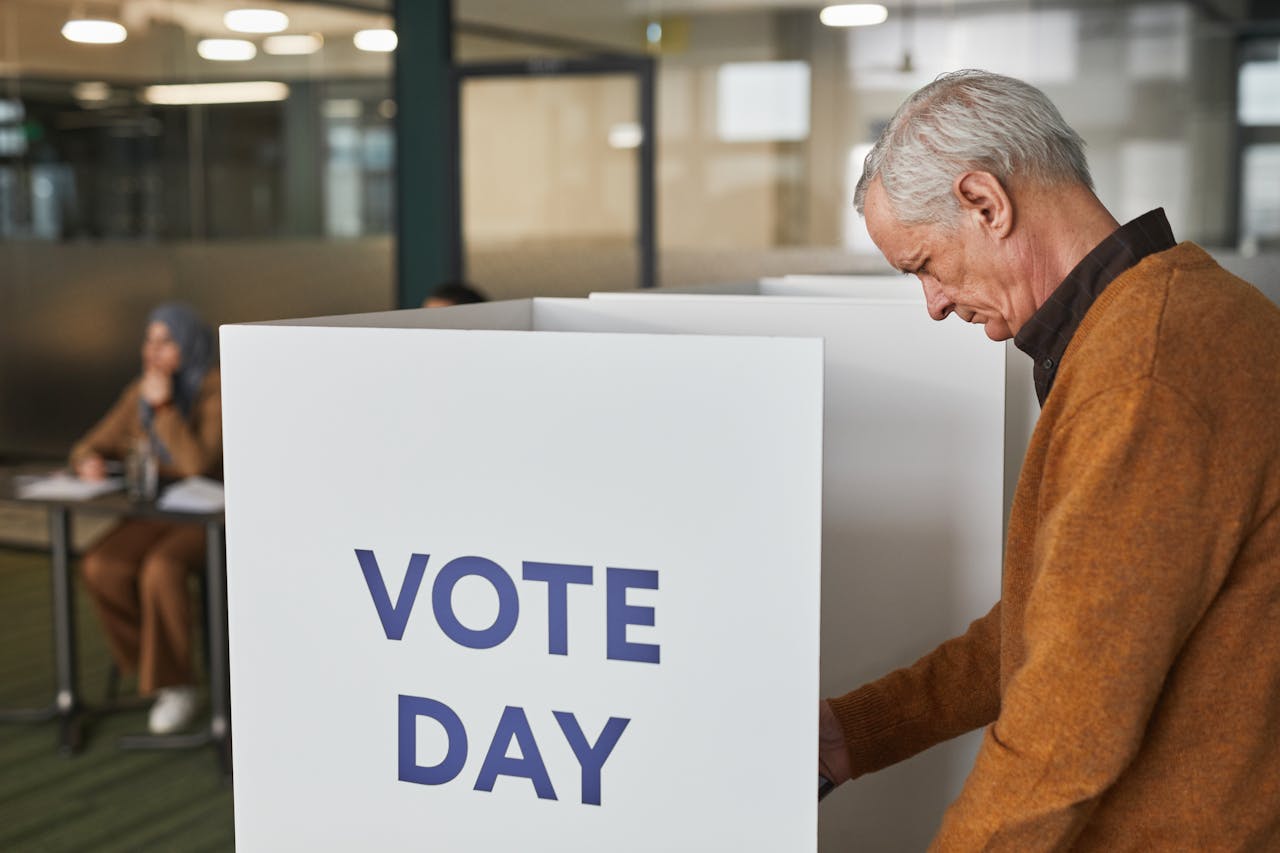ABC News: This presidential election will be the first since the Jan. 6, 2021, insurrection at the Capitol
By ABC News

This presidential election will be the first since the Jan. 6, 2021, insurrection at the Capitol
October 29, 2024 | Lisa Mascaro | ABC News
WASHINGTON — This presidential election, the first since the Jan. 6, 2021, insurrection at the Capitol, will be a stress test of the new systems and guardrails that Congress put in place to ensure America’s long tradition of the peaceful transfer of presidential power.
As Republican Donald Trump and Democrat Kamala Harris race toward the finish, pro-democracy advocates and elected officials are preparing for a volatile period in the aftermath of Election Day, as legal challenges are filed, bad actors spread misinformation and voters wait for Congress to affirm the results.
“One of the unusual characteristics of this election is that so much of the potential danger and so many of the attacks on the election system are focused on the post-election period.”
-Wendy Weiser, VP for democracy, Brennan Center for Justice
After the Jan. 6 attack, Congress set out to shore up the process and prevent a repeat of that unprecedented period when Trump, joined by some GOP allies in Congress, refused to concede defeat to President Joe Biden. Trump spent months pushing dozens of failed legal cases before sending his supporters to the U.S. Capitol, where they disrupted the electoral count with a bloody riot. He faces a federal indictment for the scheme, which included slates of fake electors from states falsely claiming he won.
While the new Electoral Count Reform Act approved by Congress has clarified the post-election processes — to more speedily resolve legal challenges and reinforce that the vice president has no ability to change the election outcome on Jan. 6 — the new law is by no means ironclad. …
“We are concerned about one thing and one thing only: Can Americans still have valid trust in elections and can we have consistently a peaceful transfer of power in all offices, including the presidency?” -Dick Gephardt
Dick Gephardt, former House leader, now serves on the executive board of the nonpartisan Keep our Republic, which has been working to provide civic education about the process in the presidential battleground states of Michigan, Wisconsin and Pennsylvania.
